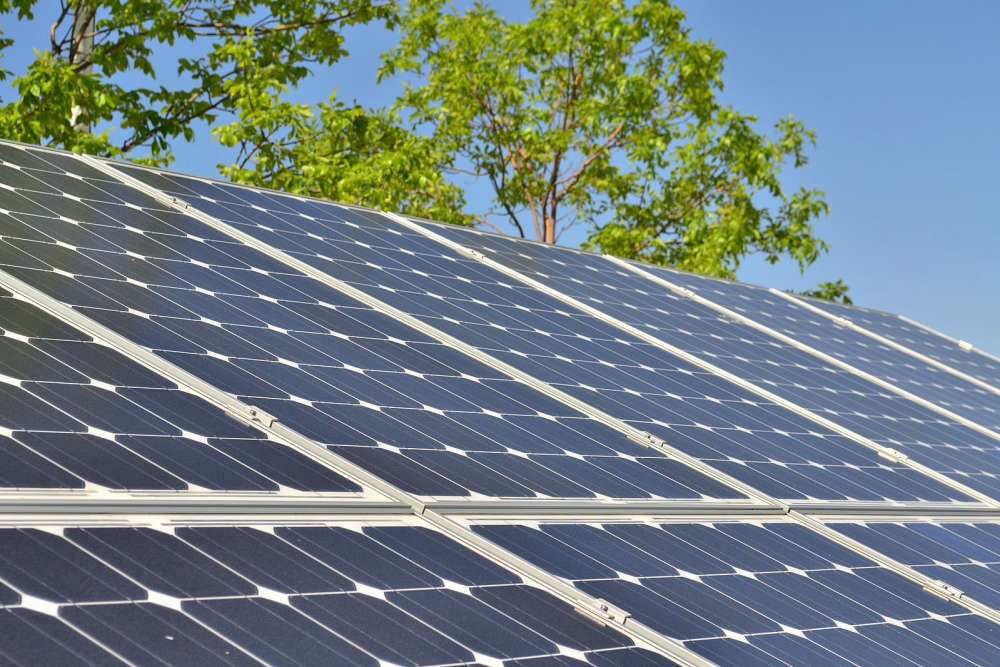
2030 target won't be hit
North Devon councillors admit they won’t reach their net zero target by 2030.
Failure to win government funding to decarbonise council buildings, a diesel-fuelled waste and recycling fleet, and red diesel sales to boat owners at Ilfracombe Harbour means the council has a hefty carbon footprint.
The latest calculation shows that in the last financial year, the carbon footprint was 3,425 tonnes of carbon dioxide equivalent, a reduction of 500 tonnes [13 per cent] in the five years since 2018/19.
Like many local authorities in Devon, North Devon Council declared a climate emergency in 2019 and pledged to make the council carbon neutral by 2030.
But sustainability and climate officer Donna Sibley told the council’s strategy and resources committee it is not on target and it had to be “grown up about it and take it on the chin”.
The council has been unsuccessful in obtaining Public Sector Decarbonisation Scheme funding for boiler replacements.
The only way emissions could fall at the council's crematorium, North Devon Museum and Barnstaple Bus Station, is to install expensive small impact boilers or heat pumps.
She said no grant funding is available at the moment.
In neighbouring Torridge, Holsworthy Leisure Centre has received over £1 million of government cash for a new air-to-water heat pump system and a further £61,000 for solar panels.
Last year, emissions from Torridge’s three leisure centres accounted for 55 per cent of the carbon footprint from council buildings.
One of the largest problems for district and borough councils are carbon-intensive diesel HGVs used for waste and recycling collections. The council believes electric alternatives are currently only practical for cars and vans.
It trialled one electric HGV to assess if electric vehicles could replace diesel in its fleet, and whilst the vehicle was able to cope with shorter rounds in urban areas, it wasn't able to collect waste from all properties on the longer, rural rounds.
Ms Sibley said they would need to remodel collection rounds if they were to purchase vehicles solely for urban use.
She said red diesel sales is a service for boat owners as there is no suitable replacement and electric boats are not an option for North Devon's commercial fleet.
Cllr Ricky Knight (Green, Heanton Punchardon) said Ms Sibley’s report was honest but he was “slightly disappointed”.
“The thing is net zero is an aspiration and one that we strive to achieve,” he said.
Council leader Cllr David Clayton (Lib Dem, Barnstaple with Westacott) said: “We set the date at 2030 and we are not going to achieve it. Let’s be honest and admit it.
“If it means we are going at a slow pace we need to look at that. We could make a decision and say no to selling red diesel, but it helps our finances and someone else will do it if we don’t.”
He said the council would continue improving its carbon footprint and encourage residents to do the same.
When it came into power in July, the government pledged to make the UK a “clean energy superpower” and fully decarbonize electricity by 2030, ban the sale of new internal combustion vehicles, and ensure rental properties meet minimum energy standards.
It also aims to double onshore wind and quadruple offshore wind by 2030.
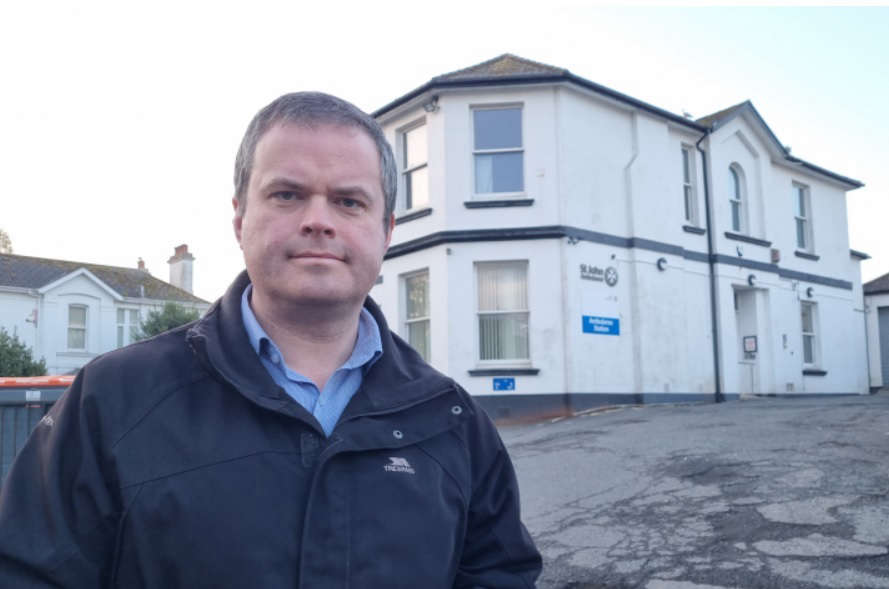 Petition launched to save Paignton ambulance station
Petition launched to save Paignton ambulance station
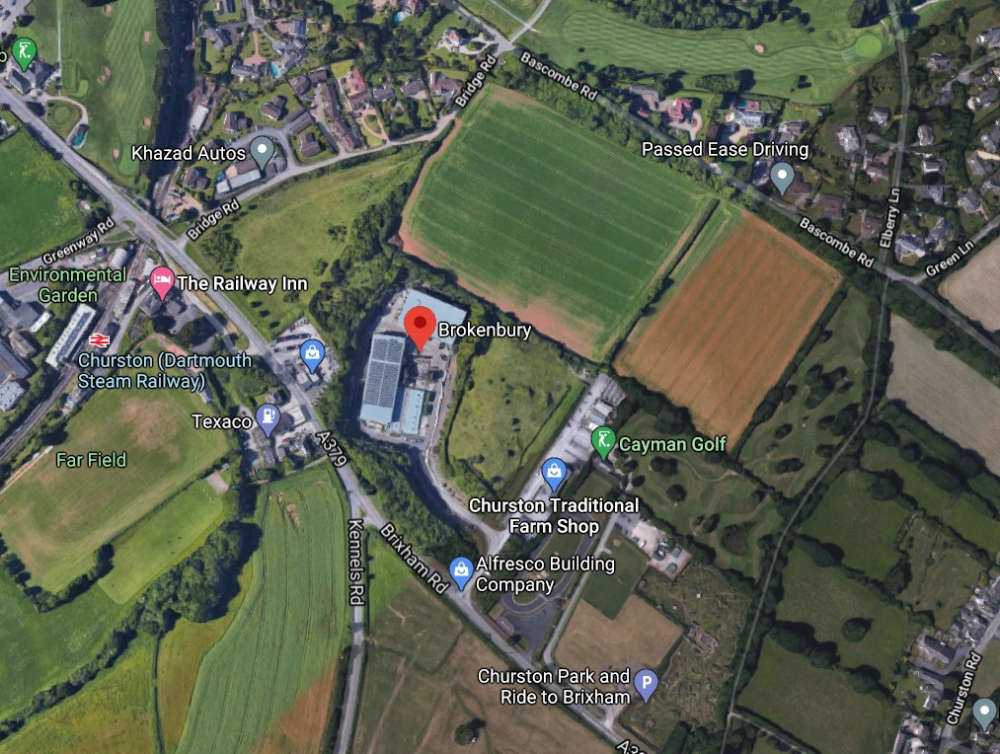 Official challenge to Torbay solar farm project
Official challenge to Torbay solar farm project
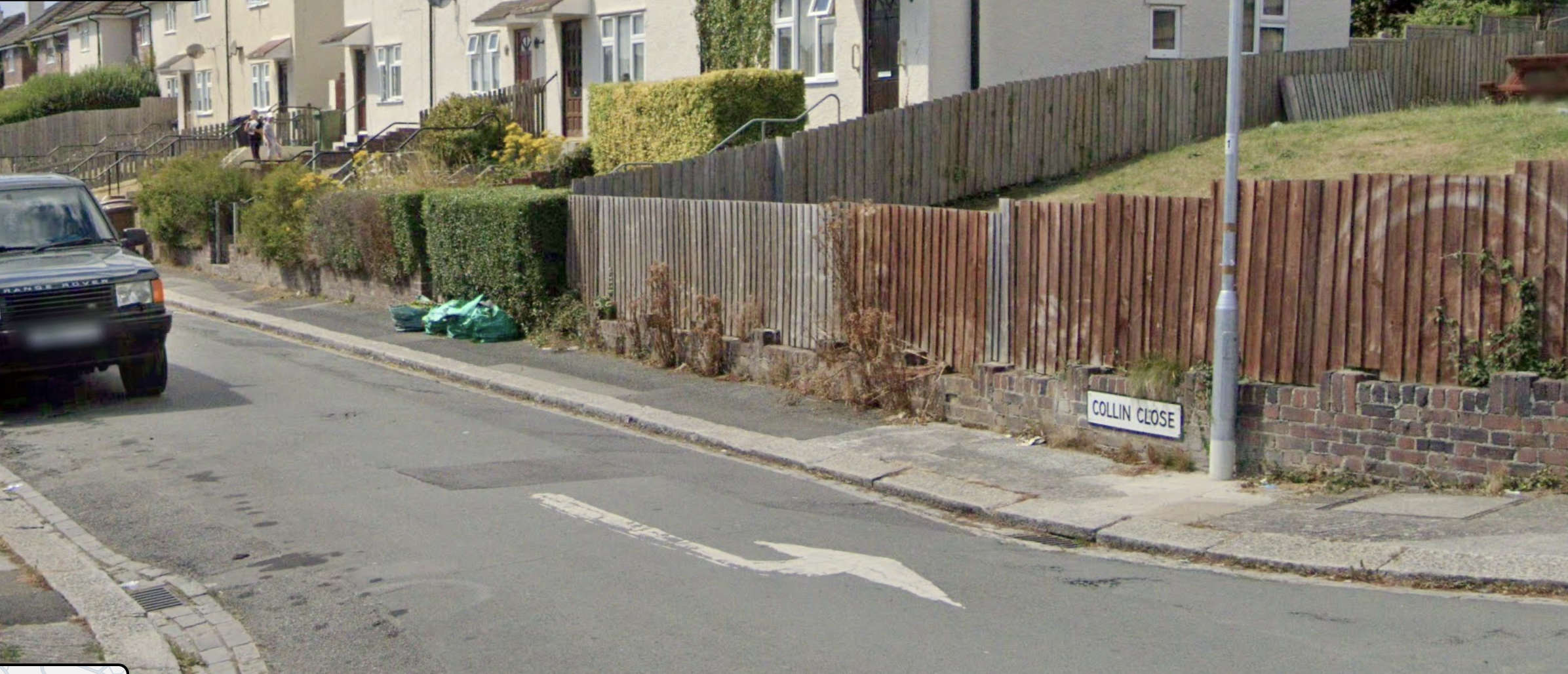 Two people injured in suspected Plymouth stabbing
Two people injured in suspected Plymouth stabbing
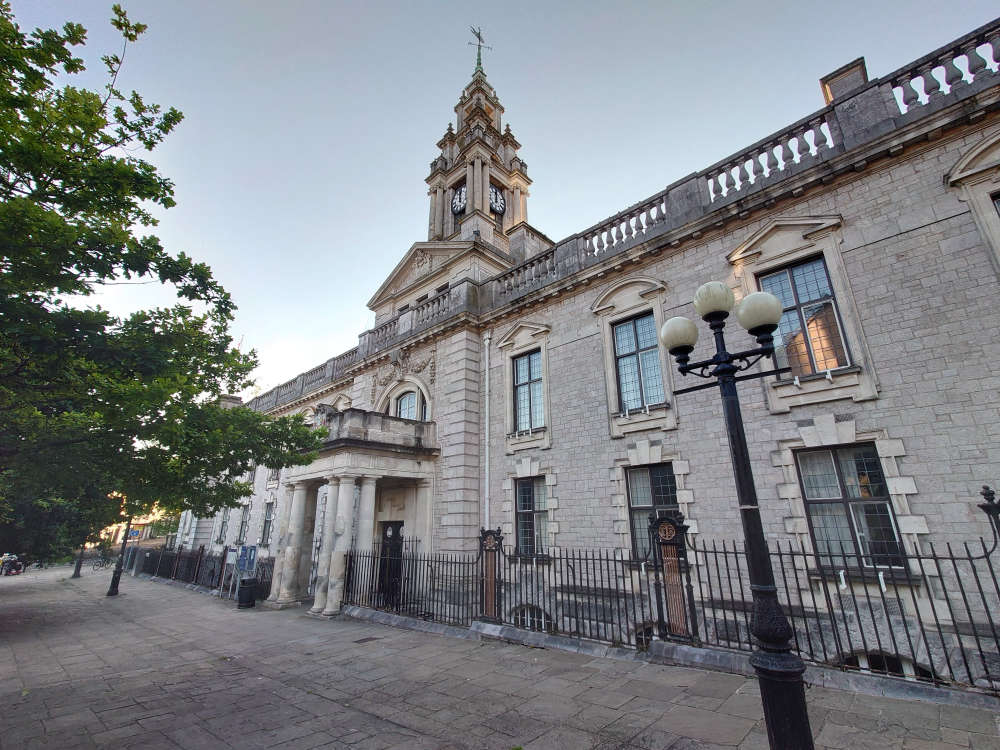 Four councillors banned from council tax debates
Four councillors banned from council tax debates
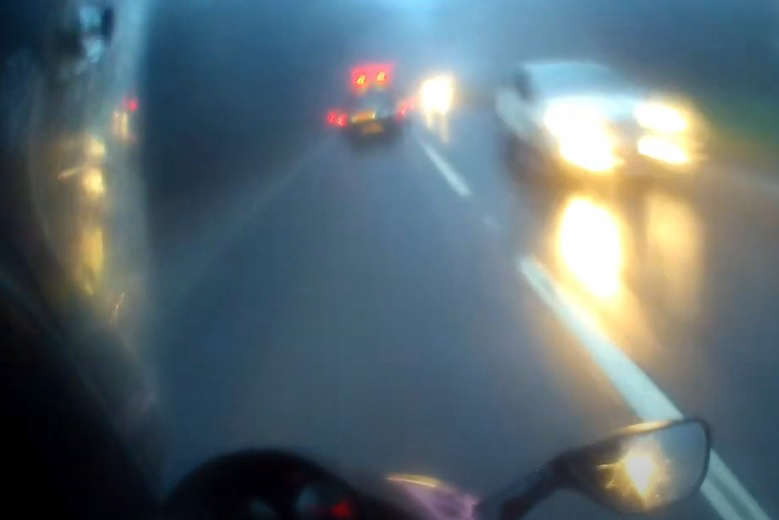 Video shows Devon biker causing horrific crash
Video shows Devon biker causing horrific crash
 Murder charge after Kingsbridge crash
Murder charge after Kingsbridge crash
